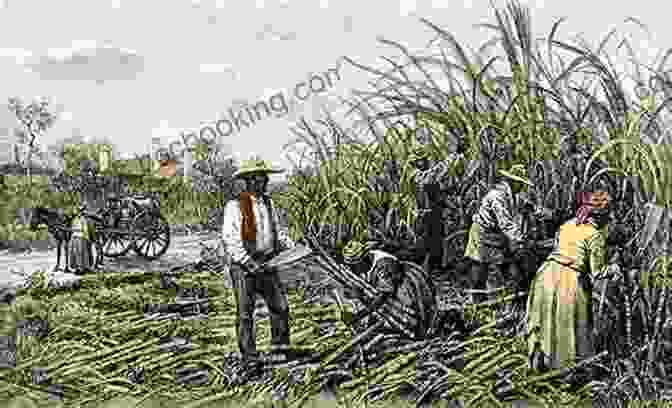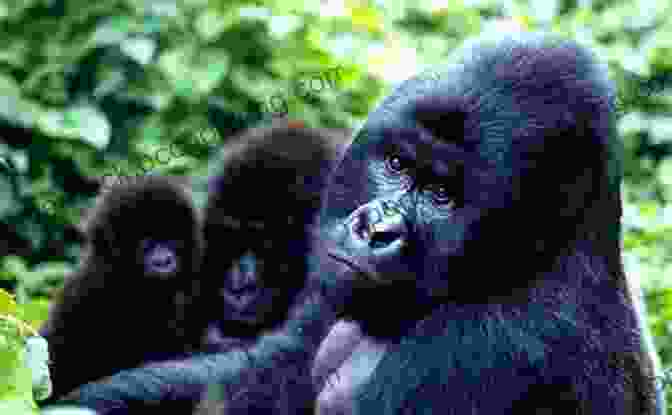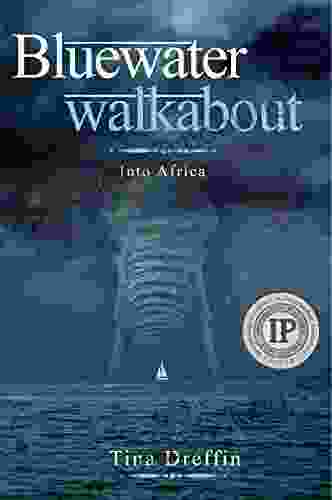Nestled in the heart of Africa, Equatorial Africa is a land of enigmatic beauty and profound historical significance. From the towering heights of the Virunga Mountains to the vast expanse of the Congo Basin, this region has captivated the imaginations of explorers, scientists, and colonizers alike. 'The Exploration and Exploitation of Equatorial Africa' delves into the intricate tapestry of this fascinating land, shedding light on its rich cultural heritage, extraordinary biodiversity, and the transformative events that have shaped its destiny.
Early Explorations and Scientific Discoveries
In the late 19th century, European explorers ventured into the uncharted territories of Equatorial Africa. Driven by a thirst for knowledge and the desire for conquest, they embarked on perilous expeditions, mapping out the region's geography and encountering its diverse inhabitants. Notable figures such as Henry Morton Stanley, David Livingstone, and Paul du Chaillu played pioneering roles in unraveling the secrets of this enigmatic land.

Scientific expeditions played a crucial role in deepening the understanding of Equatorial Africa's natural world. Botanists marveled at the region's rich flora, discovering new species of plants and flowers. Zoologists documented the extraordinary diversity of wildlife, including the iconic mountain gorillas, forest elephants, and chimpanzees. These discoveries contributed to the growing scientific knowledge of the continent and fostered a greater appreciation for its ecological importance.
Colonialism and the Scramble for Africa
In the late 19th century, the scramble for Africa intensified, as European powers sought to expand their colonial empires. Equatorial Africa became a focal point of this competition, with various nations vying for control of its vast territories and abundant resources. Colonial powers established their rule over local societies, often exploiting the region's natural resources and imposing their political and cultural systems.

The colonial era brought significant changes to Equatorial Africa. Infrastructure projects, such as railroads and roads, were built to facilitate the exploitation of resources. Missionaries and settlers arrived from Europe, introducing new religions and cultural practices. These transformations left an enduring legacy on the region, shaping its political, economic, and social landscapes.
Post-Colonialism and the Search for Independence
In the mid-20th century, the wave of decolonization swept across Africa, leading to the emergence of independent nations. Equatorial African countries gained their sovereignty and embarked on a new chapter in their history. However, the legacy of colonialism continued to shape their development, and many nations struggled to overcome the challenges of poverty, inequality, and political instability.

In the decades since independence, Equatorial African nations have sought to assert their own identities and forge their own paths. They have made significant strides in areas such as education, healthcare, and economic development. However, the region continues to face challenges, including corruption, conflict, and environmental degradation.
Biodiversity and Conservation
Equatorial Africa is home to one of the most biodiverse regions on the planet. The Congo Basin, in particular, is a rainforest ecosystem of immense importance, supporting an incredible array of plant and animal species. This biodiversity is facing significant threats from deforestation, poaching, and climate change.

Conservation efforts are underway to protect the region's ecosystems and species. National parks and reserves have been established to safeguard critical habitats. Scientists and conservationists are working to monitor biodiversity, combat illegal wildlife trade, and raise awareness about the importance of preserving Equatorial Africa's natural heritage.
'The Exploration and Exploitation of Equatorial Africa' provides a comprehensive and engaging account of this fascinating region's past, present, and future. It unveils the stories of the explorers, scientists, and colonizers who shaped its destiny, and it highlights the profound impact that human activities have had on its environment and people. As Equatorial Africa continues to evolve and face new challenges, this book serves as a valuable resource for understanding its complex history and for envisioning a sustainable future for its people and its natural wonders.


























































































